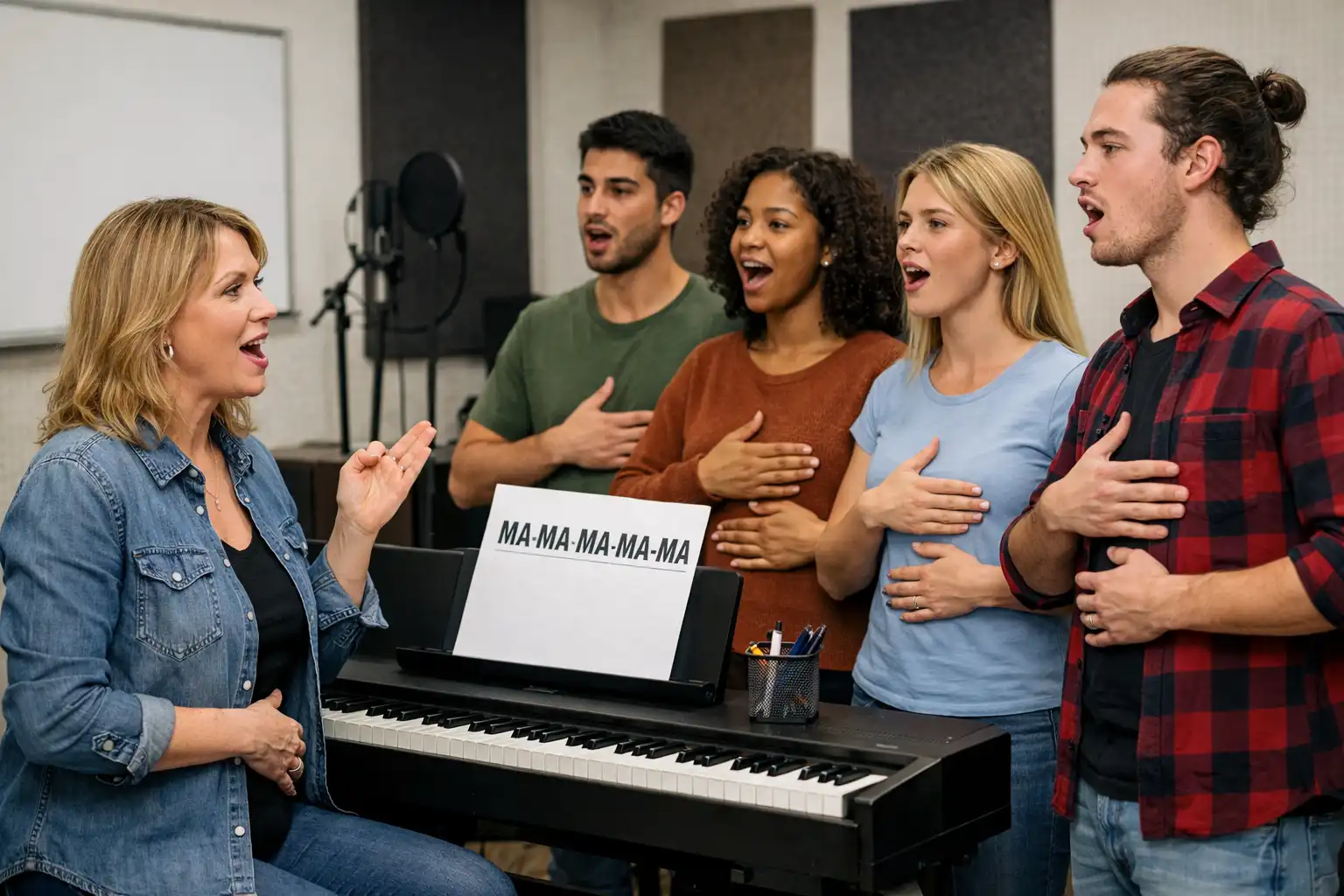
5 Warm-Up Exercises Every Singer Should Do
As a singer, your vocal cords are just like any other muscle in your body—they need to be properly warmed

As a singer, your vocal cords are just like any other muscle in your body—they need to be properly warmed

If singing ever leaves you gasping for air, struggling to finish phrases, or losing power halfway through a note, yeah

Home recording of vocals once seemed like a compromise, but now it is a breakthrough technology. Using proper setup and
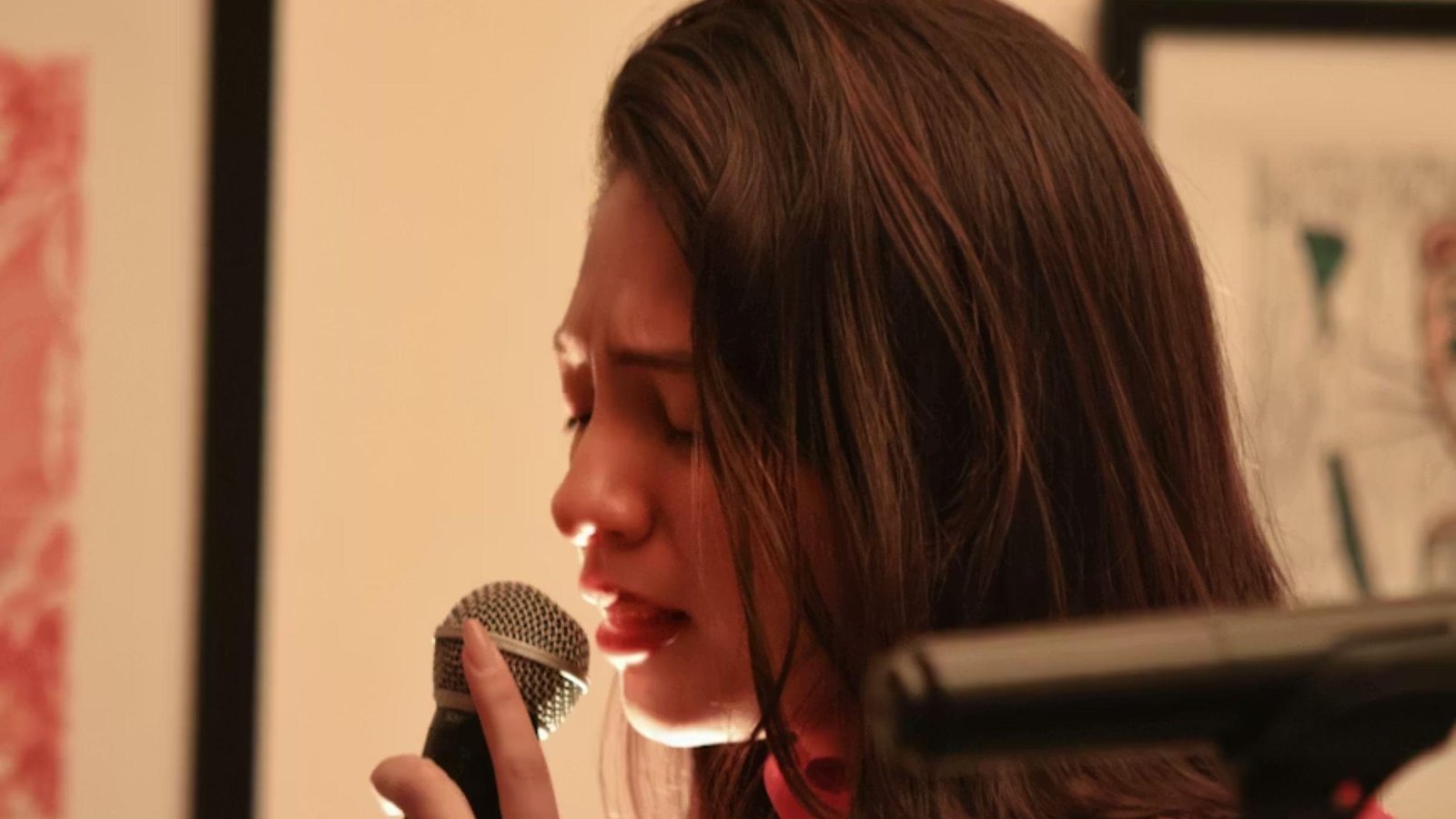
Discover Your Unique Voice and Shine in Any Genre Authentic, expressive, and memorable are the characteristics every singer wants to
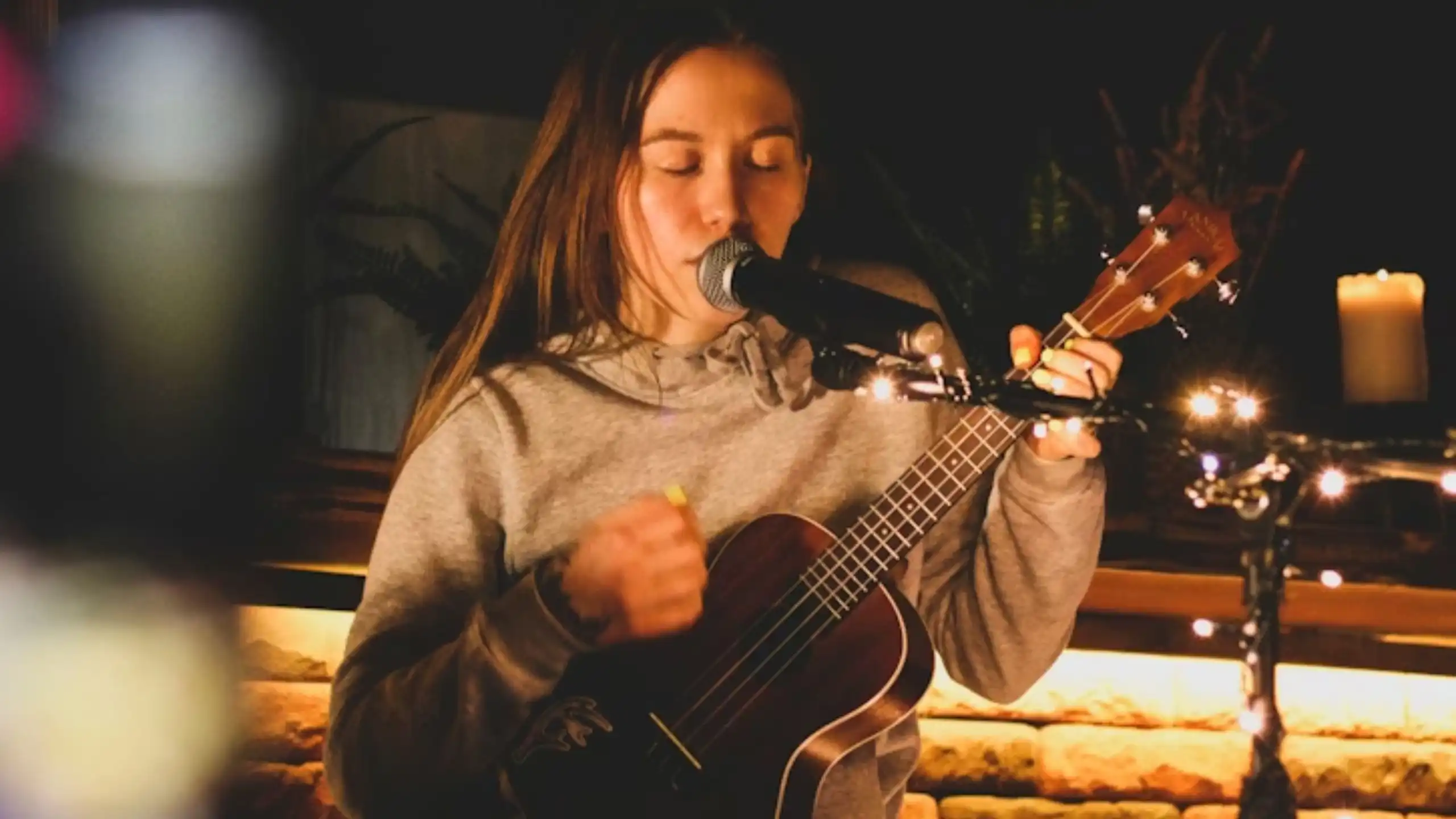
Unlocking the Truth Behind Two of Your Most Important High Registers Have you ever hit a high note only to
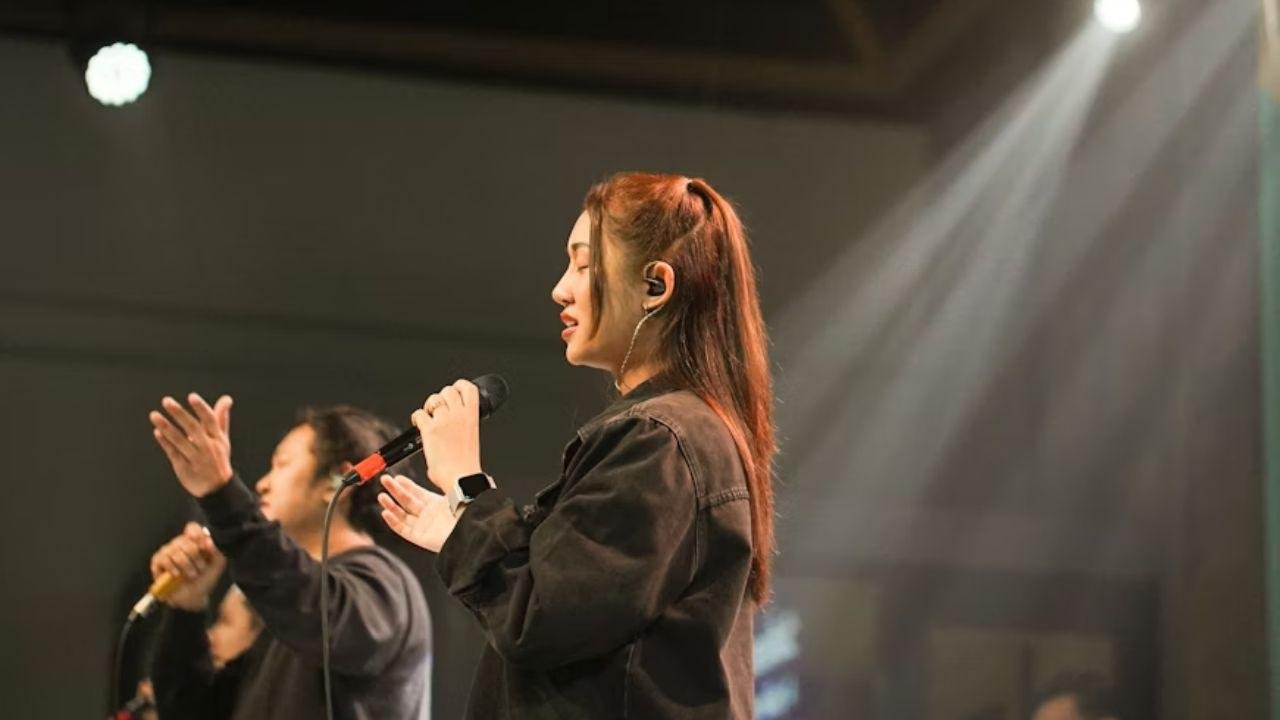
Every singer, whether it’s a total beginner or someone who’s been belting it out for years, runs into problems that
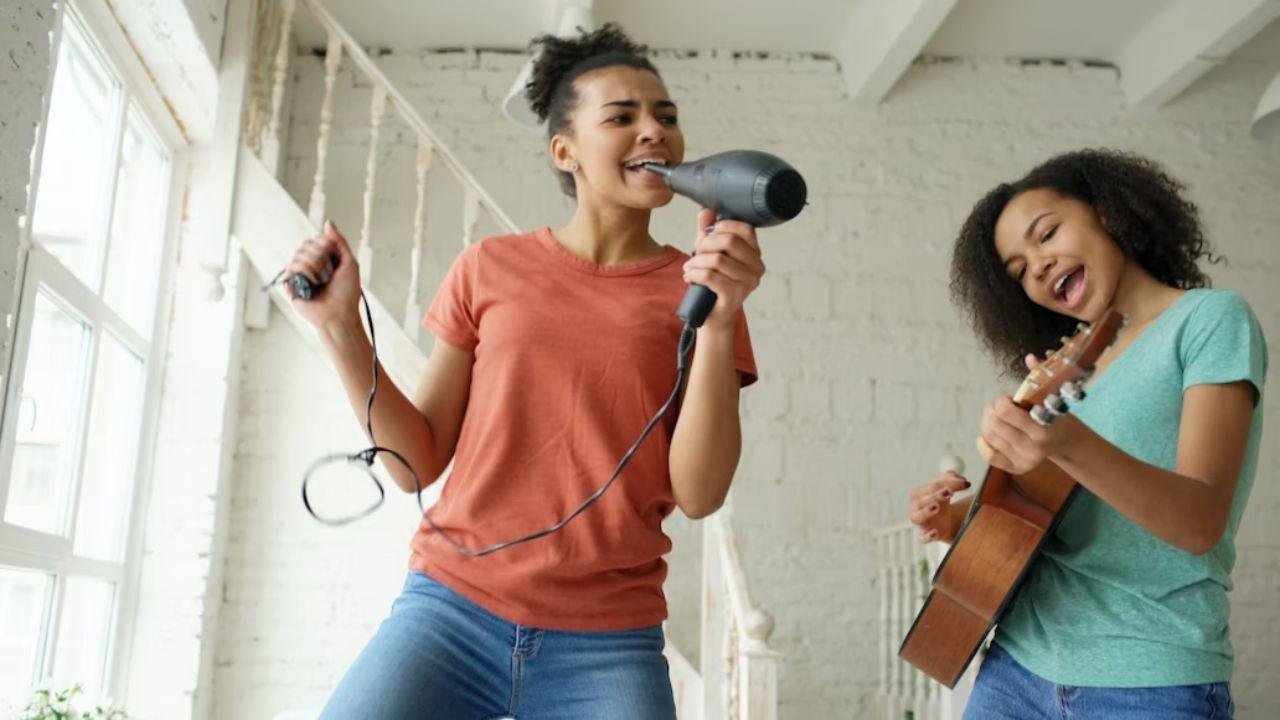
For many singers, confidence isn’t something that magically appears. It’s built—note by note, breath by breath, and performance by performance.
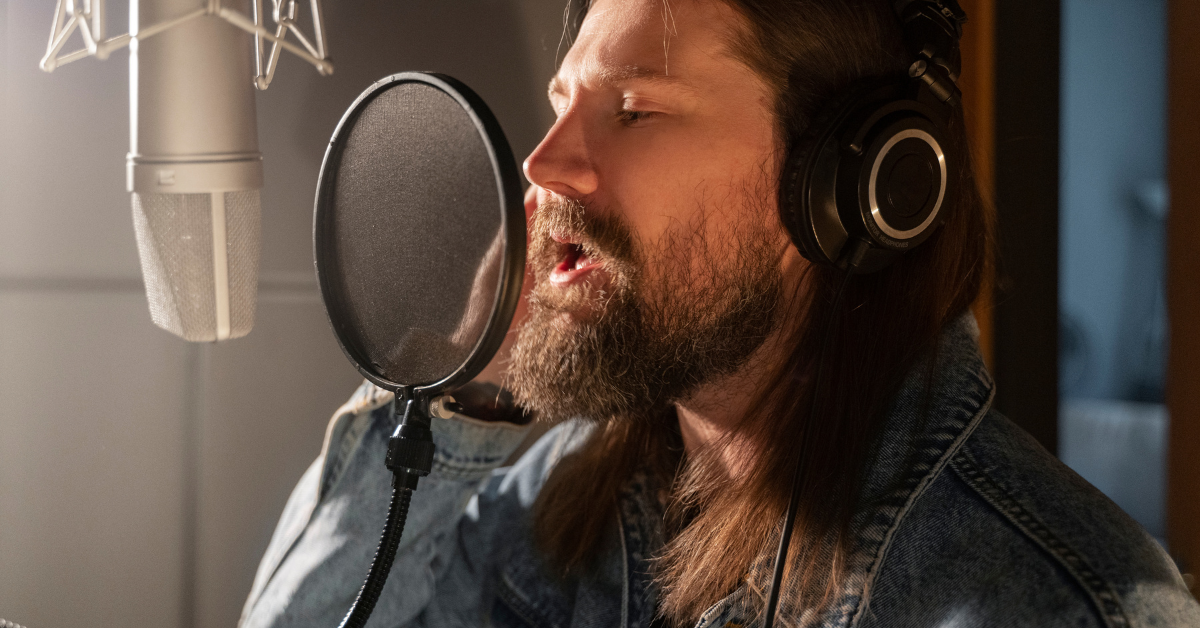
If you love singing and want to get better at it, professional classes at Joann C. Chang Studios can change
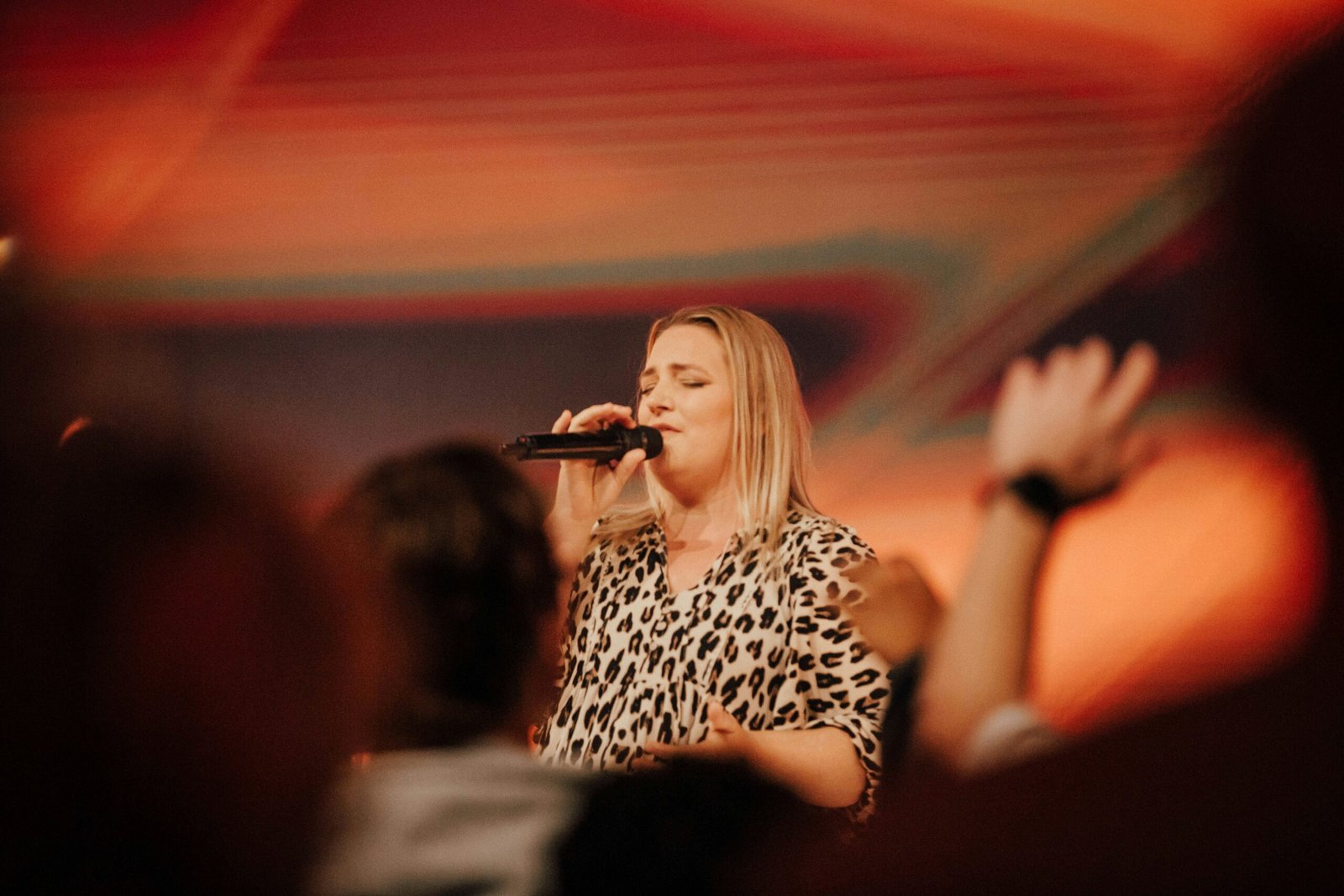
Vocal Coach vs. Voice Teacher: What’s the Difference? Have you ever watched a singer perform and wondered, “How do they